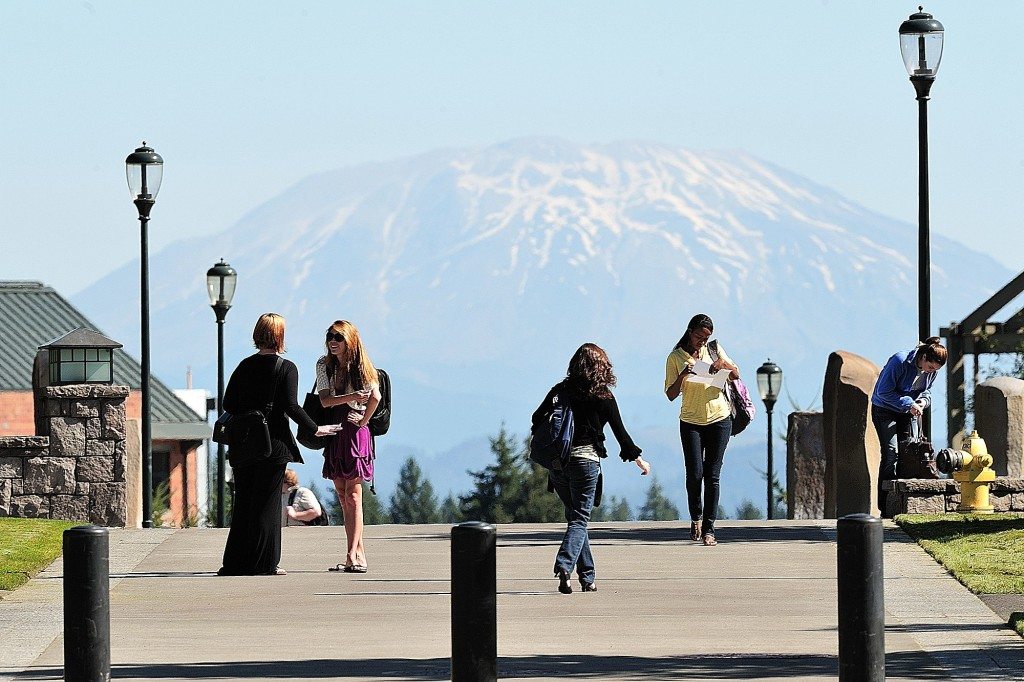News that the Trump administration barred the Environmental Protection Agency from awarding new contracts or grants created many questions and few answers for local agencies Tuesday.
The confusion was exacerbated by a media blackout that froze all communication from the agency in the aftermath of the inauguration of President Donald Trump. Asked by nonprofit news agency ProPublica on Monday, EPA officials did not answer questions about possible implications of the freeze.
At Washington State University Vancouver, Christine Portfors, associate vice chancellor of research and graduate education, was herself trying to answer that question Tuesday afternoon. Portfors said she combed email exchanges between researchers and professors, and said it appears the university’s current pending grant proposals won’t be “reviewed, let alone funded.”
But, she said, it’s unclear what exactly is going on at the EPA.
“There’s a lot of confusion,” Portfors said. “It’s hard to get some straight answers.”
Gretchen Rollwagen-Bollens, co-director of the Aquatic Ecology Lab at WSU Vancouver, recently submitted a $760,000 grant proposal to the EPA to study cyanobacteria blooms, or blue-green algae like the kind that plague Vancouver Lake every summer.
If the college received the grant, it would have brought researchers of a variety of disciplines from across Washington together to study algal blooms and their relationship with surrounding bodies of water.
“What makes them strong, what makes them happen at all, what makes this decrease,” Rollwagen-Bollens said, adding that the hope was for municipalities to use the data to combat cyanobacteria blooms, which can affect drinking water. Blue-green algae can be dangerous, producing nerve and liver toxins.
Though there’s no guarantee that the university would have received the grant at all, Rollwagen-Bollens said she was discouraged by the idea that any worthy project would go without funding.
“If this is any indication of how the current administration views research related to the environment, then it does not bode well for science generally,” she said. “We just have to wait and see. This is not necessarily a good omen.”
Evergreen Public Schools announced this year that it had received a $235,000 rebate to replace 10 aging diesel school buses with new models that produce less emissions.
District spokeswoman Gail Spolar didn’t know if the announcement would affect that rebate, saying that the district was moving forward with the purchase of the buses.
“We’ll submit the rebate and see what happens,” Spolar said.




